‘Bad policy’: Malinauskas hits out at Labor’s student caps
The SA Premier has issued an election-eve warning to both sides of politics to scrap their plans to limit the number of foreign students, labelling the policy ‘introspective’ and not ‘rational’.
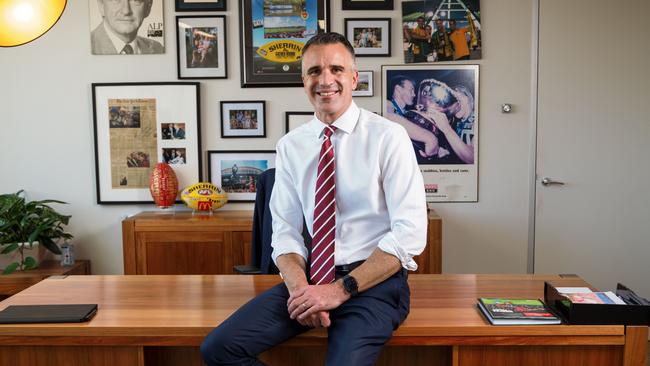
Cutting international student numbers is bad policy that will harm the national economy, kill research and development and undermine the AUKUS deal, South Australian Premier Peter Malinauskas has declared.
The Premier issued an election-eve warning to both sides of politics to scrap their plans to cap the number of foreign students, labelling the policy “introspective” and not “rational”.
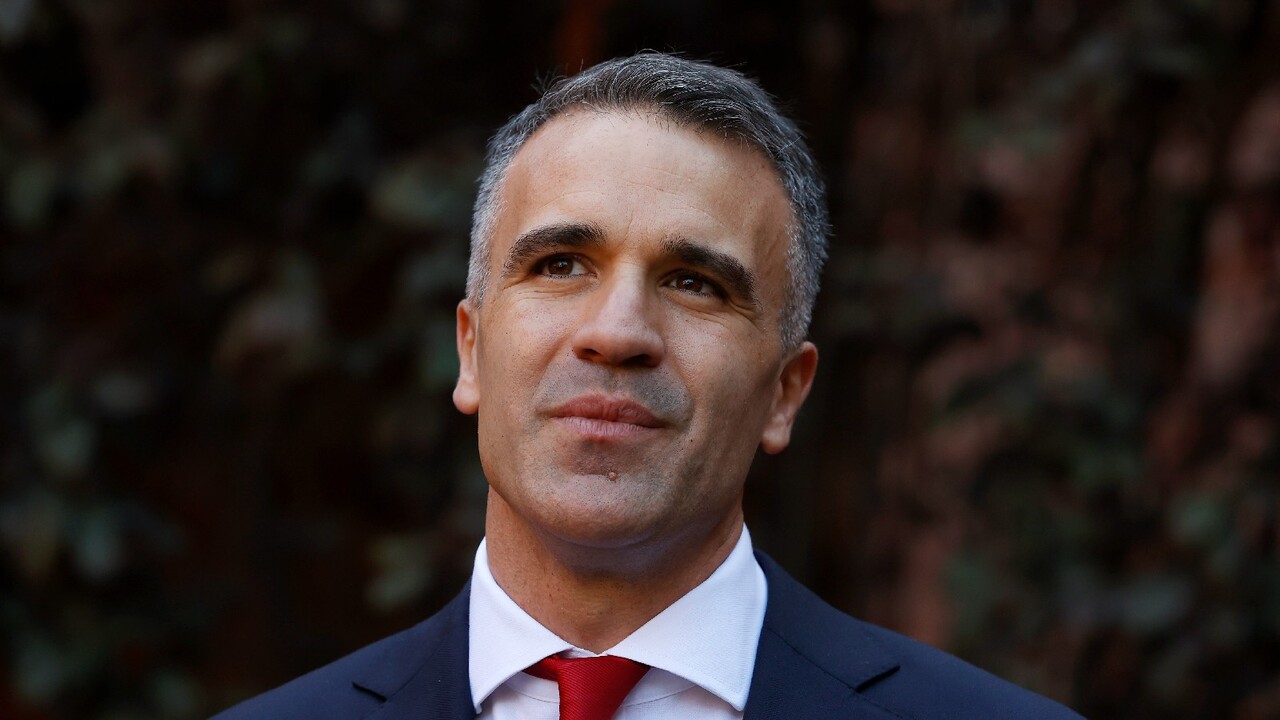
He said he had been alarmed by this year’s protracted political battle over international students whom he said were being wrongly blamed for the housing crisis.
“This is a big one for the country,” Mr Malinauskas said. “We are talking about an almost $50bn export industry.
“I worry that an introspective debate around skilled migration and international students runs contrary to our national interest, particularly around AUKUS.
“If this was any other sector there would be advertisements on TV ad nauseam attacking federal politics for curtailing an industry that’s so important to the country.
“Just to be clear, this country does not have an international student crisis. It’s got a housing supply crisis. We would be better off focusing on housing supply than curtailing international students.
“I would much prefer to see a more rational policy discussion around the role that international students have to play, rather than one fuelled by a political dynamic.”
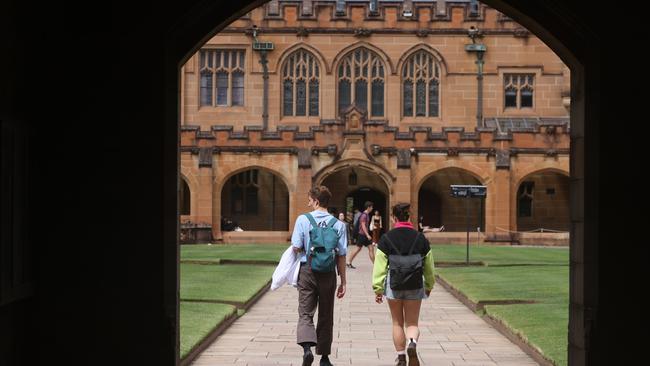
The Albanese government sought to cap new international enrolments next year at 270,000 but its bill was thwarted in the Senate last month by the Coalition and Greens, with the Coalition saying the cap did not go far enough.
Mr Malinauskas’s comments have been strongly applauded by the Group of Eight universities but dismissed by federal Education Minister Jason Clare who said Labor remained committed to caps.
“Setting a cap on international students is the fairest way to manage this important sector,” Mr Clare said.
“These reforms are all about improving integrity in international education, setting up the sector for sustainable growth over time and protecting its social licence.
“There is a better and fairer way to manage this important sector, so it’s not just the big unis in the big cities on the east coast that benefit, but unis in the regions and other cities as well. We make no apologies for working to bring migration levels back to pre-pandemic levels.”
Opposition education spokeswoman Sarah Henderson confirmed the Coalition backed a “much tougher” cap on student numbers and would attempt to legislate one if elected.
“Labor’s chaotic foreign student cap of 270,000 would have driven migration up, not down, because it did not account for an expected 130,000 people exempt from the scheme,” Senator Henderson said.
“This was made worse by the Albanese government’s decision to favour Australia’s most prestigious universities at the expense of regional and smaller higher education providers.”
Mr Malinauskas even admitted to being relieved when Labor’s bill failed, saying blocking the bill was “about the only sensible thing the Greens have ever done”, but said he was fearful that Opposition Leader Peter Dutton’s plans would be even worse.
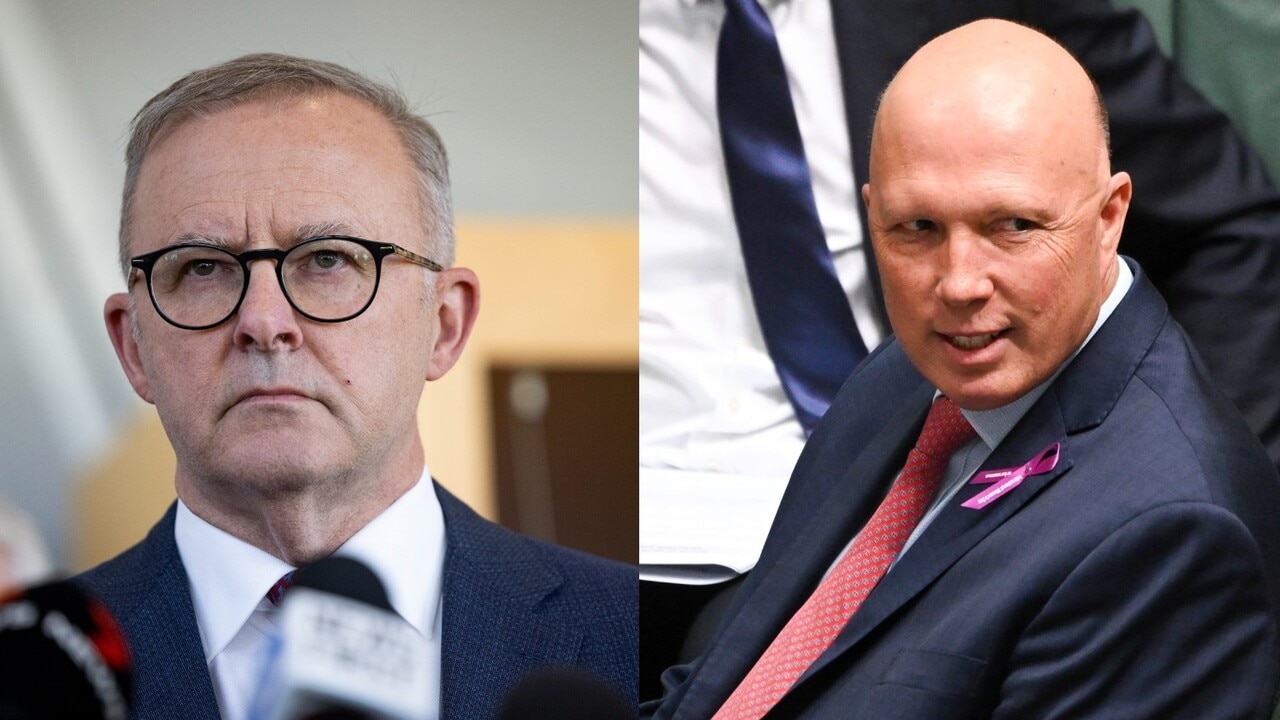
“On one hand it’s relief, on the other hand my concern is what happens next. Part of the problem is that most of the attention on this issue is looking at it through the politics of migration, rather than the more thoughtful discussion about where we want our economy to go as a country,” he said.
“If we don’t want to be as dependent as digging things out of the ground and sending them overseas for someone else to make, we need to invest in R&D. And that means that our universities matter.
“We talk about our productivity agenda as a nation. Nothing is more important to the productivity agenda than R&D. If we undermine international students we undermine our R&D as a country and the revenue that sustains it.”
Mr Malinauskas was so opposed to the federal government’s proposed cap that he sought and secured an exemption for South Australia’s three universities from Mr Clare in the event the bill became law.
The two key arguments he put were its impact on the ongoing merger between the University of Adelaide and UniSA, and its impact on skills needed to honour the AUKUS contract.
Mr Malinauskas said that while he was “grateful” his state had been spared directly from the cap on numbers, the bigger national problem remained: the impact any such caps could have on AUKUS and the availability of skilled workers in a tight job market.
“We need more engineers as a country,” he said.
“Foreign nationals will not be able to work on the AUKUS program, which means when the AUKUS program recruits engineers from the existing workforce they will have to be backfilled from somewhere. That’s where international students and skilled migration do have a role to play.”
Group of Eight chief executive officer Vicki Thomson urged the government and opposition to reflect on Mr Malinauskas’s criticisms of their policies.
“Every excuse the government put forward was discredited,” Ms Thomson said of the attempted cap. “Our housing crisis is the result of supply-side issues, nothing to do with international students. Likewise, cost of living has nothing to do with international students, in fact quite the opposite.
“International students were responsible for more than half of Australia’s economic growth in 2023, for more than 70 per cent of the tourism spend, not to mention the contribution they make to workforce shortages and our diplomacy efforts when they return home.
“The reality is that in the turmoil of election campaigns and battle for undecided voters, sensible policy that’s in the nation’s best interest can be pushed aside in a knee-jerk reaction to the latest poll.”


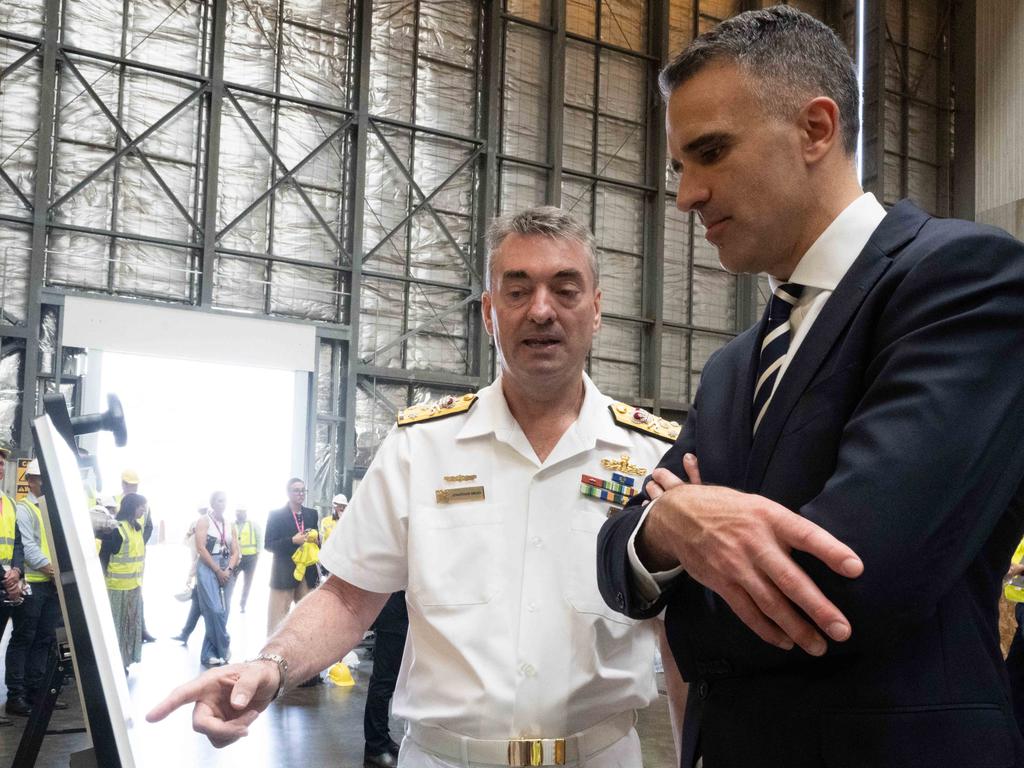
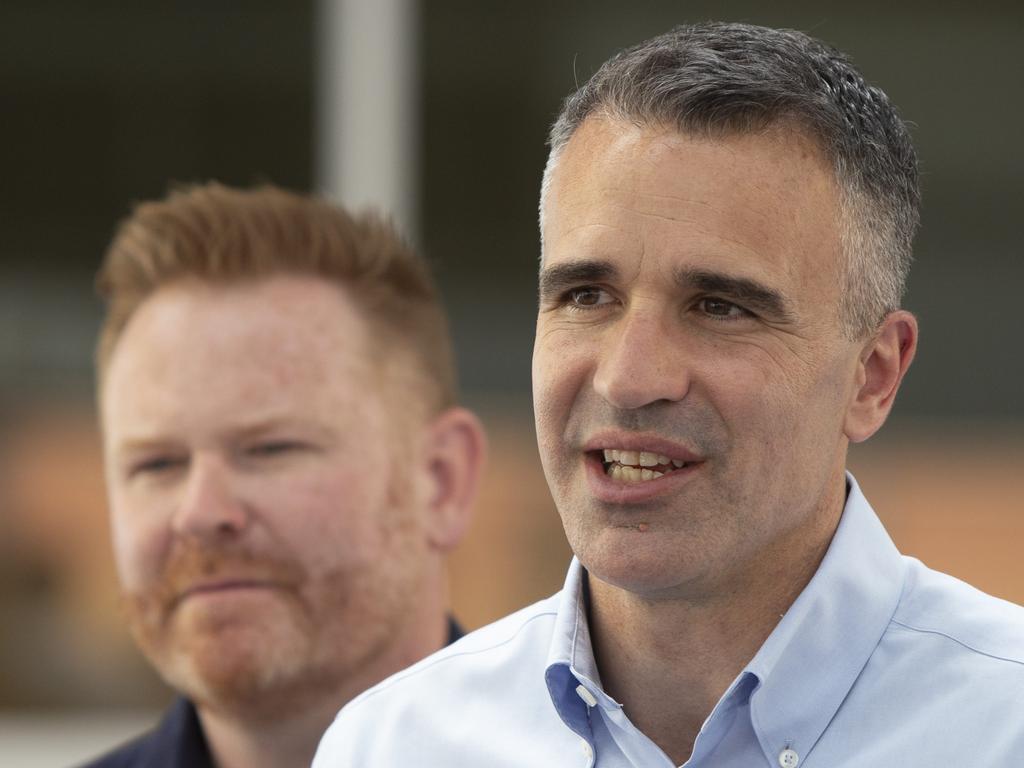
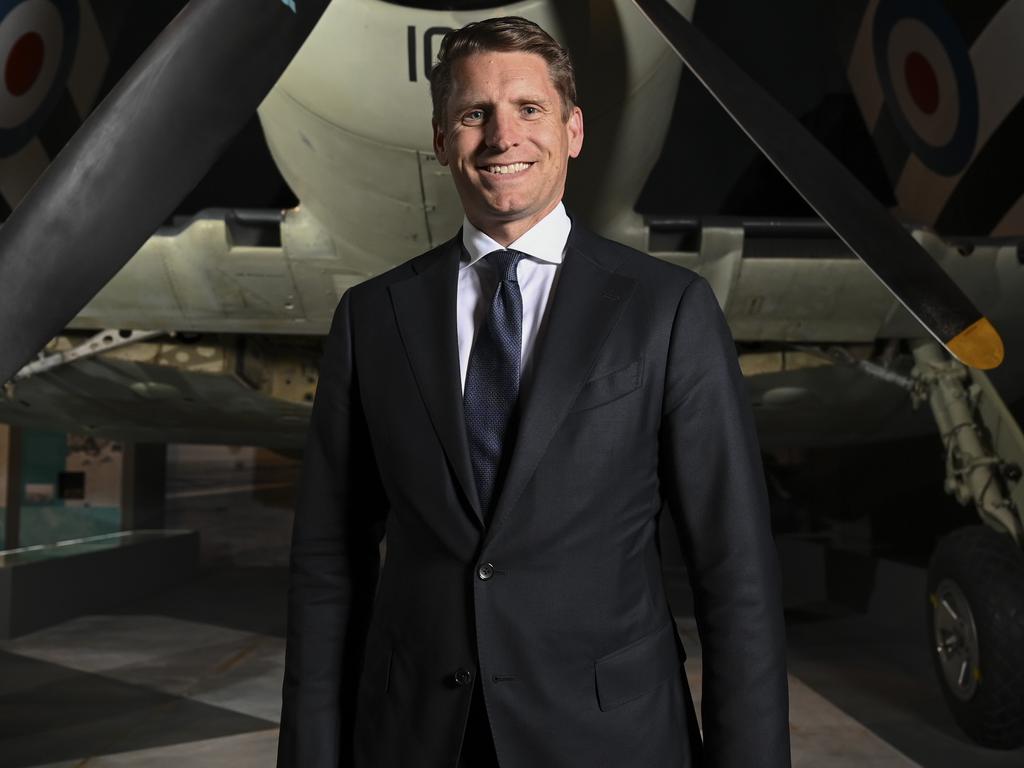


To join the conversation, please log in. Don't have an account? Register
Join the conversation, you are commenting as Logout